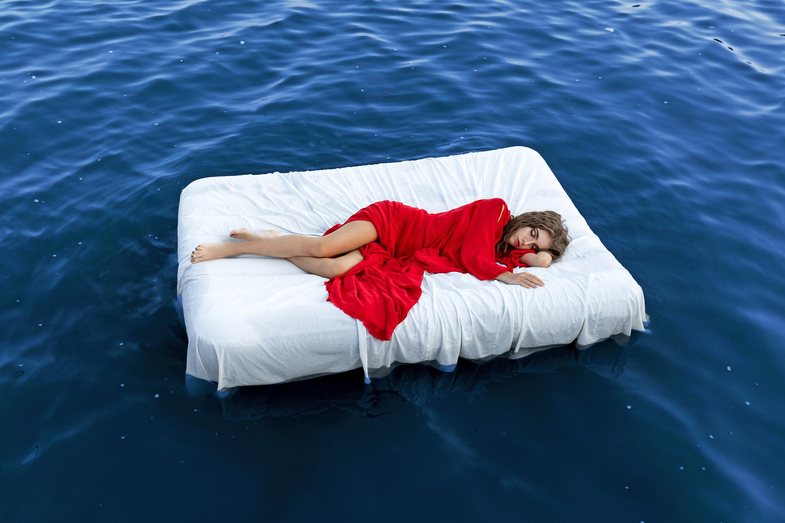
If you find it harder to sleep during the summer months, you're not alone. Whether you have trouble falling asleep or trouble staying asleep, longer daylight hours and hotter temperatures can make it harder to sleep.
According to a 2011 study, seasonal changes can affect how we sleep and how well we sleep. The researchers found that during the summer, waking up earlier was more frequent, while problems such as fatigue or insomnia were less common in the winter.
There are several influencing factors:
1. Increasing daylight hours: Exposure to light for too long contributes to more frequent episodes of waking during the night. External light is an important factor that affects the change in circadian rhythms - the body's internal clock that controls the sleep and wake cycle.
2. Melatonin: When it gets dark, our body clock signals that it's time to sleep by releasing the hormone melatonin. After the sun rises, the secretion of melatonin stops so that the body prepares for the day. Due to the longer daylight hours in summer, the time of melatonin secretion is shorter than in winter.
3. High temperatures: When it is too warm, the subconscious wakes us up to adjust the body temperature and return it to the usual state. When we are hot, the body moves from the relaxed state to the "danger" state.
4. Lifestyle factors, such as going out late, alcohol consumption, etc.
What you can do:
1. Try to sleep at the same time
2. Limit exposure to light
3. Make sure the room is cool or not too hot
4. Darken the room before you sleep
Sources: Healthline, WebMD





